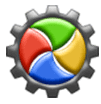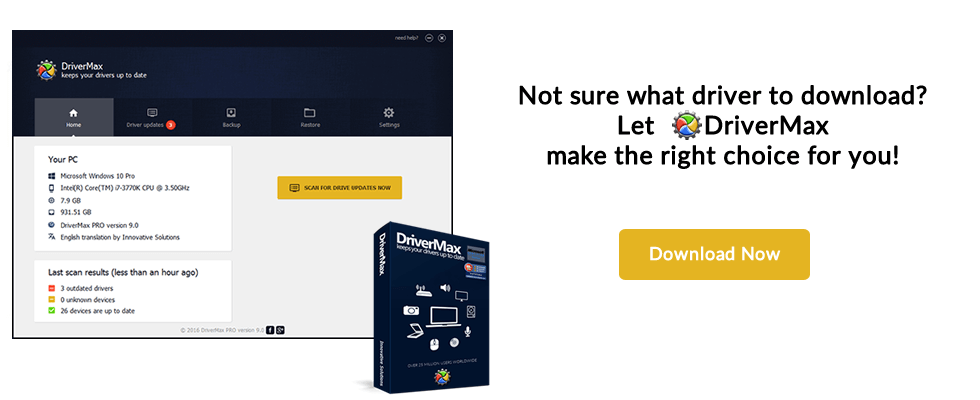
Advertising seems to be blocked by your browser.
The ads help us provide this software and web site to you for free.
Please support our project by allowing our site to show ads.
Imaging Devices - The Neat Company - Neat Mobile Scanner Computer Driver Updates
| Driver Description |
|
| Driver Manufacturer | The Neat Company |
| Driver Type | Imaging Devices |
| Driver Version | 3.0.3.0 |
| Driver Date | 11-20-2009 |
| Windows | Windows 7 (6.1) 64 bit |
| Driver Popularity |
| Driver Description |
|
| Driver Manufacturer | The Neat Company |
| Driver Type | Imaging Devices |
| Driver Version | 3.0.3.0 |
| Driver Date | 11-20-2009 |
| Windows | Windows XP (5.1) 32 bit |
| Driver Popularity |
| Driver Description |
|
| Driver Manufacturer | The Neat Company |
| Driver Type | Imaging Devices |
| Driver Version | 2.0.0.18 |
| Driver Date | 4-30-2009 |
| Windows | Windows Vista (6.0) 32 bit |
| Driver Popularity |
| Driver Description |
|
| Driver Manufacturer | The Neat Company |
| Driver Type | Imaging Devices |
| Driver Version | 3.0.3.0 |
| Driver Date | 11-20-2009 |
| Windows | Windows 7 (6.1) 32 bit |
| Driver Popularity |
Description extracted from Wikipedia:
Grammatical article in EnglishThe #1s|the band|The No.1s italic title The (ð|É|,_|ð|iË|audio=En-us-the-unstressed.ogg) is a grammatical article in English, denoting persons or things already mentioned, under discussion, implied or otherwise presumed familiar to listeners, readers or speakers. It is the definite article in English. The is the most commonly used word in the English language; studies and analyses of texts have found it to account for seven percent of all printed English-language words. It is derived from gendered articles in Old English which combined in Middle English and now has a single form used with pronouns of either gender. The word can be used with both singular and plural nouns and with a noun that starts with any letter. This is different from many other languages which have different forms of the definite article for different genders or numbers.


